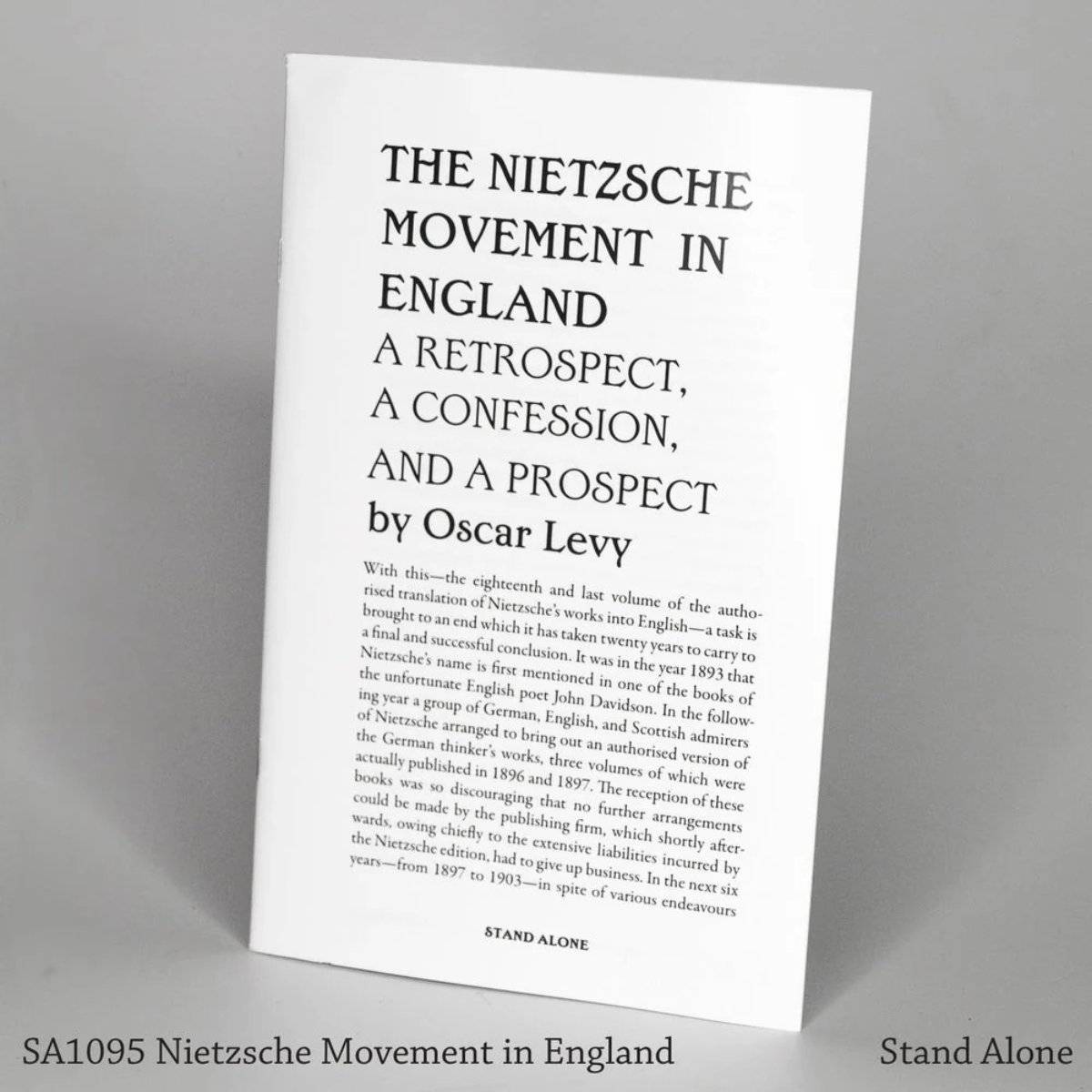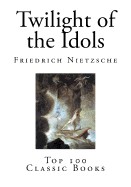
“Let unholy hands keep aloof from inspired writings, let the laity believe in their old religions and their new philosophies, and let Nietzsche be the philosopher for those only who have to stand alone, but who for this very reason need an example and perhaps a guide more than any other.“ ~Oscar Levy
1 comment





















—— ⚡️ ——
https://underworldamusements.com/products/sa1095-the-nietzsche-movement-in-engla... 4mo